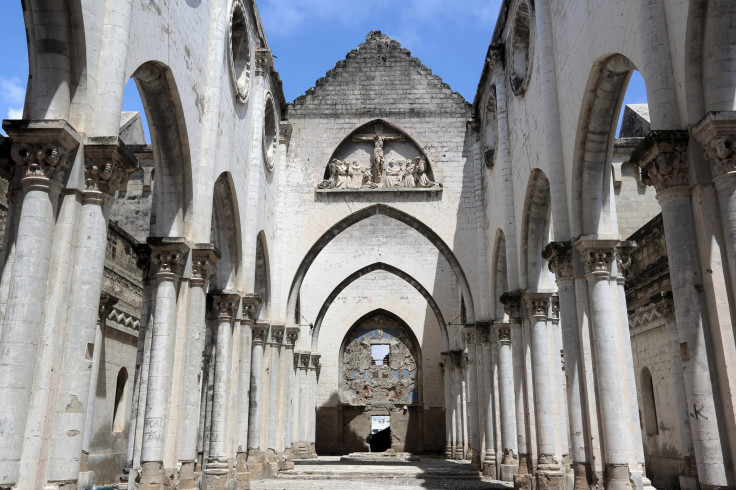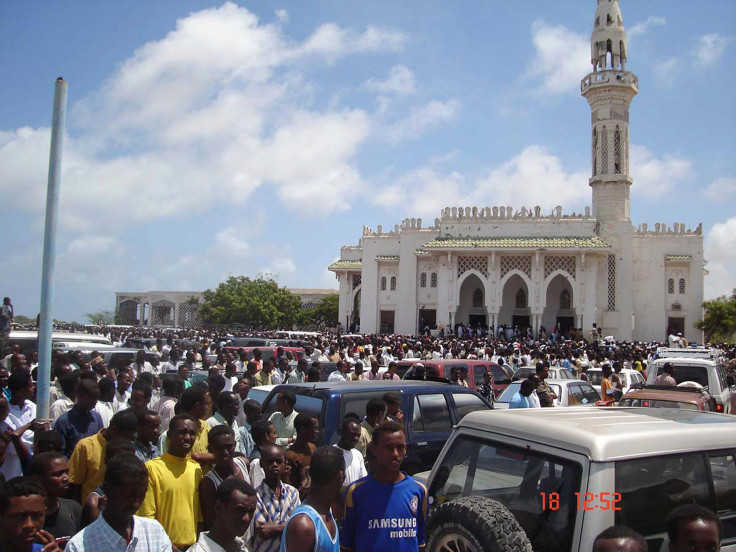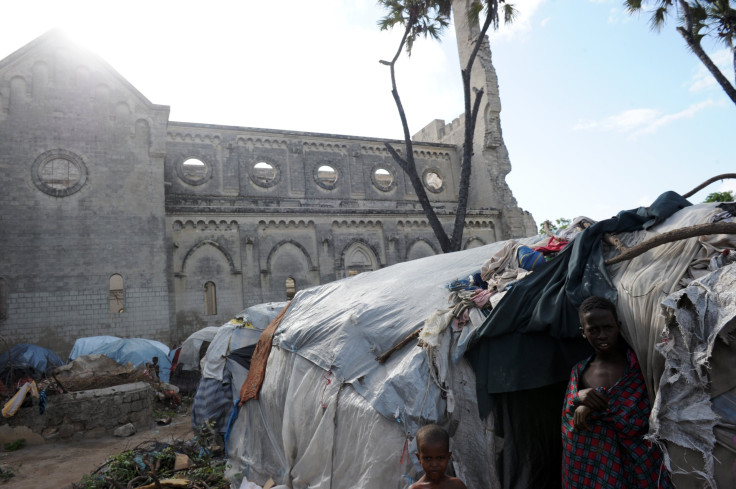Somalia Christmas Ban: Amid Al-Shabab Insurgency, Christian Holiday Can Invite Radical Islamic Ideologies

There will be no Christmas carols, tinsel-clad trees or New Year’s well-wishing in Somalia this holiday season. The government of the Muslim-majority nation has banned Christmas and New Year’s celebrations, calling them a threat to the Islamic culture and faith, with clergy leaders there saying related festivities are potential targets of terrorism.
“We [Islamic scholars] are warning against the celebration of such events which are not relevant to the principles of our religion. Such events give also al-Shabaab [incentive] to carry out attacks,” Sheikh Nur Barud Gurhan, deputy chairman of the Supreme Religious Council of Somalia, reportedly told reporters Tuesday in the capital Mogadishu.
Somalia is the latest country to clamp down on Christmas after Tajikistan and Brunei imposed similar restrictions this week, with the latter outlawing the Christian holiday entirely. But the measure in Somalia, where the Western-backed government is fighting an Islamic insurgency, is yielding to extremist ideologies and might spur further anti-Christian sentiment in the region, civil society and religious experts said.
“I find it difficult to understand how the arbitrary abrogation of Christians might help to deter al-Shabab's attacks,” said Ebenezer Obadare, associate professor of sociology at the University of Kansas’ main campus in Lawrence, who focuses on Africa. “Not only is the government of Somalia giving in to insurgents and their radical ideologies, unfortunately, it is trampling on the legitimate rights of Somali Christians in the process.”

Somalia’s population of 10 million people is virtually entirely Muslim, with the bulk belonging to the Sunni sect of Islam. In 2009, the government adopted Shariah law, the legal code of Islam based on the Quran. Still, the East African nation hosts more than 22,000 peacekeepers from across Africa, many of whom are Christian. There are also many non-Christians who partake in Christmas revels.
“The popularity of Christmas far exceeds the realm of Christianity,” said David Cook, associate professor of religious studies at Rice University in Houston. “A lot of Muslims and other non-Christians are willing or eager to celebrate Christmas.”
The ban was announced days after suspected al-Shabab militants ambushed a bus near the Kenya-Somalia border and killed at least two people. The gunmen reportedly ordered passengers to split into groups of Muslims and non-Muslims, but some refused and shielded the Christian passengers instead. Last year, the Islamic extremist group attacked a Christmas party at an African Union military base in Mogadishu last year, killing at least three peacekeepers and a civilian.
Al-Shabab seeks to topple Somalia’s Western-backed government and impose its strict version of Shariah law. Many rural areas of Somalia are controlled by the al Qaeda-aligned group, which emerged in 2006 from the now-defunct Islamic Courts Union that controlled Mogadishu. The militants have increased efforts in recent months to oust the government and regain control of territories it lost to Somali and international forces around 2012. Al-Shabab has reportedly described African Union troops as “Christian enemies.”
While Somali Islamic leaders argue that Christmas and New Year’s events motivate anti-Christian attacks, prohibiting them will likely increase pressure on the religious minority. “In truth, the Christian minority in Somalia has come under increased pressure since 2009 when the country's parliament approved the implementation of Shariah law across the country, and the ban is unlikely to assure Christians who already live under an atmosphere of fear induced in large part by the activities of al-Shabab militants,” Obadare said.

In recent years, a number of international nongovernmental and Christian groups have reported fierce persecution against Christians living in Somalia. Open Doors USA, a human rights organization that has monitored Christian persecution worldwide for decades, ranked Somalia second on its World Watch List for 2015. Islamic extremists and clan authorities have long targeted Christians, and Somali government officials are increasingly joining the two in persecuting the minority group, according to Open Doors USA.
“Persecution in the country is very severe. Islamic religious leaders maintain publicly that there is no room for Christianity, Christians and churches in Somalia. Islamic terrorists, in the form of al-Shabaab, as well as other radical Islamic groups, have intensified the persecution of Christians,” the organization stated in its latest report.
This is not the first time Somalia has prohibited celebrating Christmas. Just hours before Christmas Day in 2013, the religious affairs ministry barred the observation of Christian holidays in the country. While such restrictions might trigger outrage in countries with larger Christian populations, like neighboring Kenya, religious experts said the latest ban in Somalia will likely see little resistance.
“Conservative Muslims of all stripes want to establish cultural boundaries between Islam and not Islam,” Cook said. “They want to prove themselves as defenders of the Somali culture and they’re willing to give up Christmas in order to prove that.”
© Copyright IBTimes 2024. All rights reserved.




















